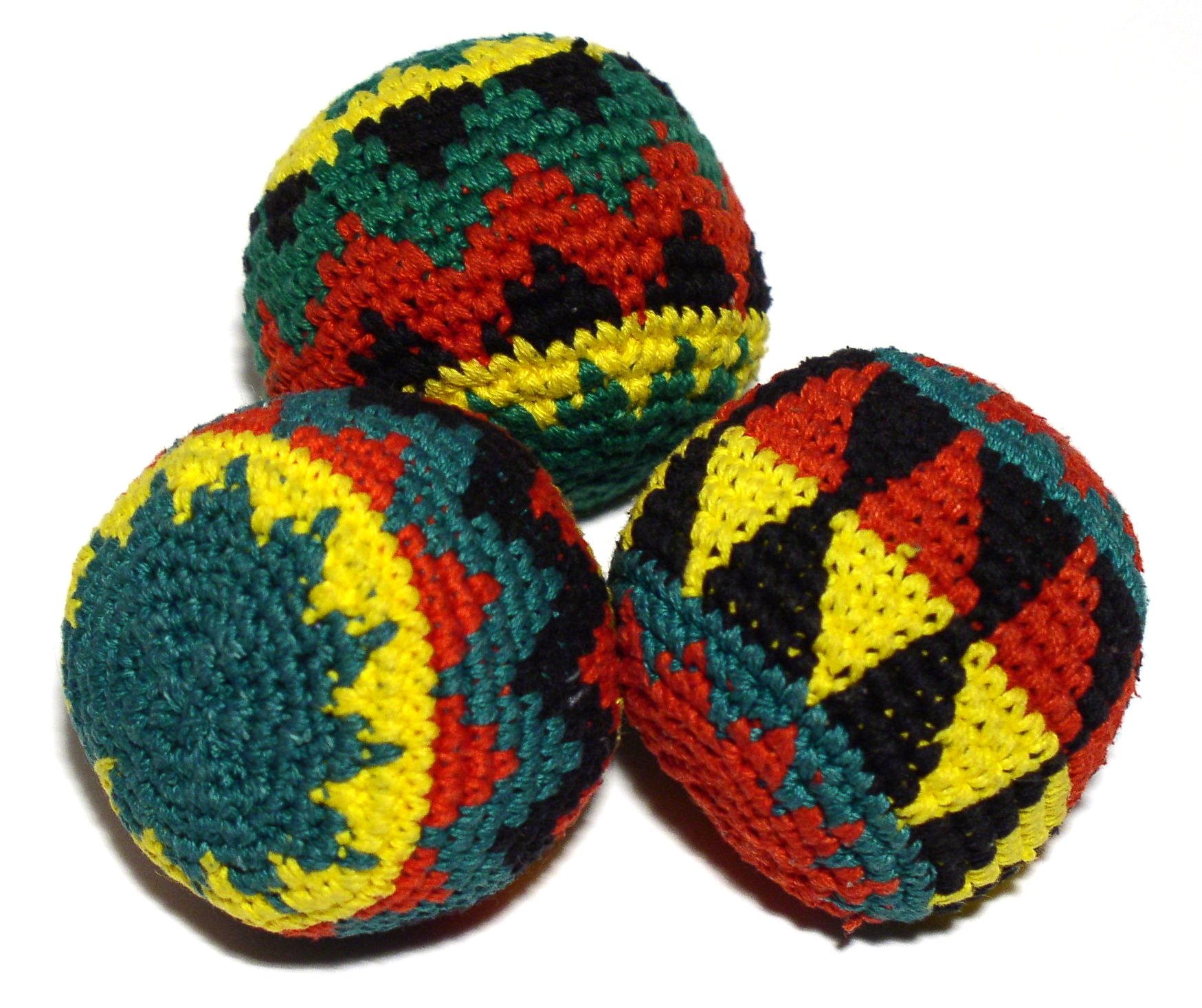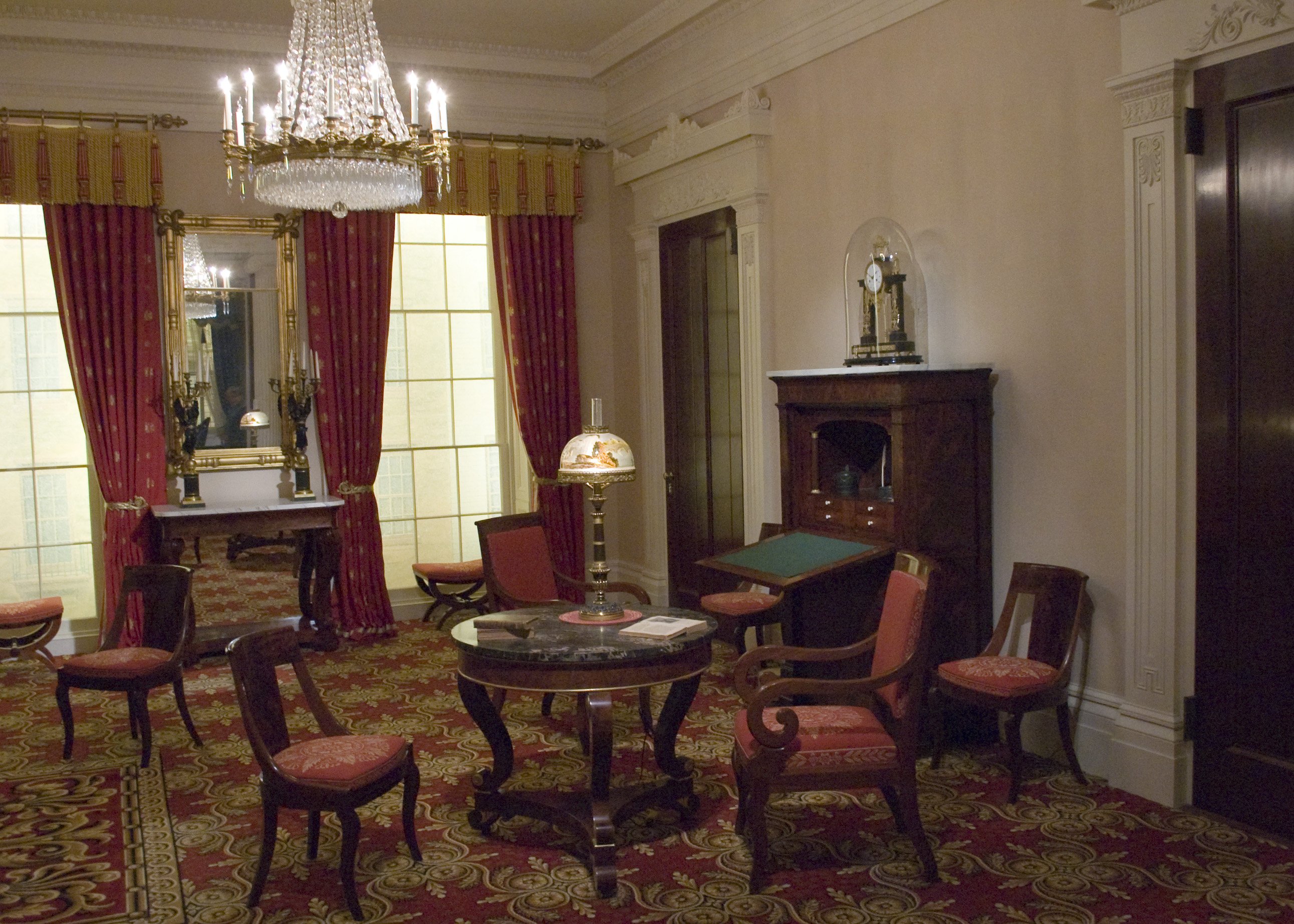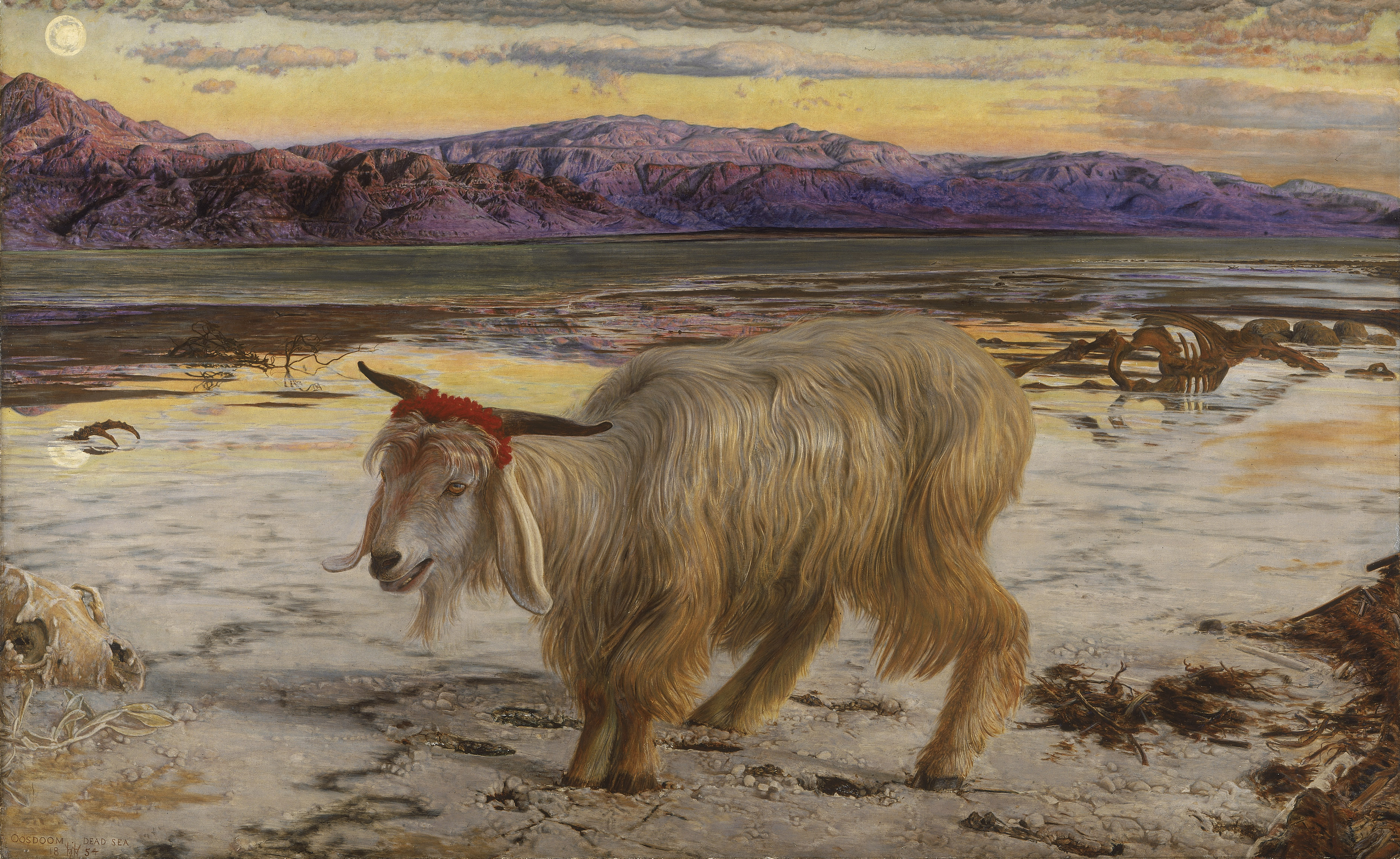|
Hot Potato (game)
Hot potato is a party game that involves players gathering in a circle and tossing a small object such as a beanbag or even a real potato to each other while music plays. The player who is holding the object when the music stops is eliminated. Origins The origins of the hot potato game are not clear. However, it may go back as far as 1888 when Sidney Oldall Addy's Glossary of Sheffield Words describes a game in which a number of people sit in a row, or in chairs round a parlor."Addy, Sidney Oldall (1888). "The Geographical or Ethnological Position of Sheffield", A Glossary of Words Used in the Neighbourhood of Sheffield." London: Trubner & Co. for the English Dialect Society. In this game, a lit candle is handed to the first person, who says: The one in whose hand the light expires has to pay the forfeit. See also * Bagholder * Musical chairs *Pass the parcel Pass the parcel is a classic British party game in which a parcel is passed from one person to another. In preparat ... [...More Info...] [...Related Items...] OR: [Wikipedia] [Google] [Baidu] |
Party Game
Party games are games that are played at social gatherings to facilitate interaction and provide entertainment and recreation. Categories include (explicit) icebreaker, parlour (indoor), picnic (outdoor), and large group games.Frankel, Lillian; Frankel, Godfrey; and Anderson, Doug (2007). ''Party Games for Adults'', p.7. Sterling. .Sheila Anne Barry (1987). ''The World's Best Party Games'', p.3. Sterling. . Other types include pairing off (partnered) games, and parlour races. Different games will generate different atmospheres so the party game may merely be intended as an icebreakers, or the sole purpose for or structure of the party. As such, party games aim to include players of various skill levels and player-elimination is rare. Party games are intended to be played socially, and are designed to be easy for new players to learn.McGonigal, Jane (2011). ''Reality Is Broken: Why Games Make Us Better and How They Can Change the World'', unpaginated. Penguin. . Characteristics T ... [...More Info...] [...Related Items...] OR: [Wikipedia] [Google] [Baidu] |
Circle
A circle is a shape consisting of all points in a plane that are at a given distance from a given point, the centre. Equivalently, it is the curve traced out by a point that moves in a plane so that its distance from a given point is constant. The distance between any point of the circle and the centre is called the radius. Usually, the radius is required to be a positive number. A circle with r=0 (a single point) is a degenerate case. This article is about circles in Euclidean geometry, and, in particular, the Euclidean plane, except where otherwise noted. Specifically, a circle is a simple closed curve that divides the plane into two regions: an interior and an exterior. In everyday use, the term "circle" may be used interchangeably to refer to either the boundary of the figure, or to the whole figure including its interior; in strict technical usage, the circle is only the boundary and the whole figure is called a '' disc''. A circle may also be defined as a special ki ... [...More Info...] [...Related Items...] OR: [Wikipedia] [Google] [Baidu] |
Beanbag
A bean bag (also beanbag) is a sealed bag containing dried beans, PVC pellets, expanded polystyrene, or expanded polypropylene. The bags are commonly used for throwing games, but they have various other applications. Furniture Designed by Piero Gatti, Cesare Paolini and Franco Teodoro and produced by the Italian company Zanotta in 1969, beanbags have become a globally recognised piece of furniture. It is said that they noticed the staff would sit on bags filled with styrofoam during their coffee and cigarette breaks. The original beanbag chair is called "Sacco", which is a pear-shaped leather bag filled with styrofoam beans and is still in production today. Bean bags can be made from materials including leather, suede, corduroy and fake fur. Polyester bean bags are waterproof and can be used outdoors. Giant bean bags can also be used as a cheap alternative to buying a sofa or couch. Quite a variety of bean bags are sold, including baby bean bags that are known for helpin ... [...More Info...] [...Related Items...] OR: [Wikipedia] [Google] [Baidu] |
Sidney Oldall Addy
Sidney Oldall Addy (9 January 1848 – 15 November 1933) was an English author of books on folklore and history. He was born in Norton, Derbyshire, to coal merchant and landowner James Addy and his wife, Sarah. He studied classics at Lincoln College, Oxford, before becoming a solicitor. In 1899 he married Mary Golden Parkin. As well as publishing many books on history and folklore he was known for contributing papers to antiquarian journals and for his letters to Notes and Queries. He also wrote articles for the Dictionary of National Biography The ''Dictionary of National Biography'' (''DNB'') is a standard work of reference on notable figures from British history, published since 1885. The updated ''Oxford Dictionary of National Biography'' (''ODNB'') was published on 23 September .... Works *An account of Winfield Manor in Derbyshire, with James Croston (1885) *Historical Memorials of Beauchief Abbey (1887) *A glossary of words used in the neighbourhood of Sheffield (1 ... [...More Info...] [...Related Items...] OR: [Wikipedia] [Google] [Baidu] |
Glossary Of Sheffield Words
A glossary (from grc, γλῶσσα, ''glossa''; language, speech, wording) also known as a vocabulary or clavis, is an alphabetical list of terms in a particular domain of knowledge with the definitions for those terms. Traditionally, a glossary appears at the end of a book and includes terms within that book that are either newly introduced, uncommon, or specialized. While glossaries are most commonly associated with non-fiction books, in some cases, fiction novels may come with a glossary for unfamiliar terms. A bilingual glossary is a list of terms in one language defined in a second language or glossed by synonyms (or at least near-synonyms) in another language. In a general sense, a glossary contains explanations of concepts relevant to a certain field of study or action. In this sense, the term is related to the notion of ontology. Automatic methods have been also provided that transform a glossary into an ontology or a computational lexicon. History In medieval E ... [...More Info...] [...Related Items...] OR: [Wikipedia] [Google] [Baidu] |
Parlor
A parlour (or parlor) is a reception room or public space. In medieval Christian Europe, the "outer parlour" was the room where the monks or nuns conducted business with those outside the monastery and the "inner parlour" was used for necessary conversation between resident members. In the English-speaking world of the 18th and 19th century, having a parlour room was evidence of social status. Etymology In the early 13th century, parlor originally referred to a room where monks could go to talk, derived from the Old French word ''parloir'' or ''parler'' ("to speak"), it entered the English language around the turn of the 16th century. History The first known use of the word to denote a room was in medieval Christian Europe, when it designated the two rooms in a monastery where clergy, constrained by vow or regulation from speaking otherwise in the cloister, were allowed to converse without disturbing their fellows. The "outer parlour" was the room where the monks or nuns c ... [...More Info...] [...Related Items...] OR: [Wikipedia] [Google] [Baidu] |
Candle
A candle is an ignitable wick embedded in wax, or another flammable solid substance such as tallow, that provides light, and in some cases, a fragrance. A candle can also provide heat or a method of keeping time. A person who makes candles is traditionally known as a chandler. Various devices have been invented to hold candles, from simple tabletop candlesticks, also known as candle holders, to elaborate candelabra and chandeliers. For a candle to burn, a heat source (commonly a naked flame from a match or lighter) is used to light the candle's wick, which melts and vaporizes a small amount of fuel (the wax). Once vaporized, the fuel combines with oxygen in the atmosphere to ignite and form a constant flame. This flame provides sufficient heat to keep the candle burning via a self-sustaining chain of events: the heat of the flame melts the top of the mass of solid fuel; the liquefied fuel then moves upward through the wick via capillary action; the liquefied fuel finally ... [...More Info...] [...Related Items...] OR: [Wikipedia] [Google] [Baidu] |
Bagholder
In financial slang, a bagholder is a shareholder left holding shares of worthless stocks. The bagholder typically bought in near the peak, when people were hyping the asset and the price was high, and held it all the way through steep declines, losing a lot of money in the process. It can also refer to the holder of other assets and financial instruments that become worthless, such as the junior bonds of a defaulted company or the coins of a failed cryptocurrency. The word is derived by combining shareholder with the expression "left holding the bag." Examples The shareholders could be caught up in a corporate bankruptcy and accounting scandal, as was the case with Enron and Worldcom, or the victims of a pump and dump scheme, in which investors fall victim to e-mail spam, rigged stock tip forums, or other tricks used by stock touts to drive up the shares of worthless penny stocks. If a worthless property is bought with the idea to sell it for a higher price, the gullible person ... [...More Info...] [...Related Items...] OR: [Wikipedia] [Google] [Baidu] |
Musical Chairs
Musical chairs, also known as Trip to Jerusalem, is a game of elimination involving players, chairs, and music. It is a staple of many parties worldwide. Gameplay A set of chairs is arranged with one fewer chair than the number of players (for example, seven players would use six chairs). While music plays, the contestants walk around the set of chairs. When the music stops abruptly, all players must find their own individual chair to occupy. The player who fails to sit on a chair is eliminated. A chair is then removed for the next round, and the process repeats until only one player remains and is declared the winner. In Wales, musical chairs had a similar custom to the modern version, with slight differences; the boys would always sit whilst the girls would skip around, always outnumbering the boys. If a girl didn't sit fast enough on the boy's lap, she would have to forfeit. This would continue until the end when the winning girl would kiss the last boy. File:Jornadas ... [...More Info...] [...Related Items...] OR: [Wikipedia] [Google] [Baidu] |
Pass The Parcel
Pass the parcel is a classic British party game in which a parcel is passed from one person to another. In preparation for the game, a prize (or " gift") is wrapped in a large number of layers of wrapping paper or reusable fabric bags of different sizes. Usually, each layer is of a different design so they can be easily distinguished. Smaller prizes or mottos may be placed between some or all other layers of wrapping. During the game, music is played as the parcel is passed around. Whoever is holding the parcel when the music is stopped removes one layer of wrapping and claims any prize found under that layer. The music is then restarted and the game continues until every layer is removed and the main prize claimed. The stopping and starting of the music is usually done by an adult who is not taking part in the game. While they should not observe the game in order for it to be fair, in practice they often do to ensure that every participant has a turn, that prizes are well d ... [...More Info...] [...Related Items...] OR: [Wikipedia] [Google] [Baidu] |
Passing The Buck
Buck passing, or passing the buck, or sometimes (playing) the blame game, is the act of attributing to another person or group one's own responsibility. It is often used to refer to a strategy in power politics whereby a state tries to get another state to deter or fight an aggressor state while it remains on the sidelines. Etymology The expression is said to have originated from poker in which a marker or counter (such as a knife with a buckhorn handle during the American Frontier era) was used to indicate the person whose turn it was to deal. If the player did not wish to deal, the responsibility could be passed by the passing of the " buck," as the counter came to be called, to the next player. In international relations Passing the buck in international relations theory involves the tendency of nation-states to refuse to confront a growing threat in the hopes that another state will. The most notable example was the refusal of the United Kingdom, United States, France, and ... [...More Info...] [...Related Items...] OR: [Wikipedia] [Google] [Baidu] |
Children's Games
This is a list of games that used to be played by children, some of which are still being played today. Traditional children's games do not include commercial products such as board games but do include games which require props such as hopscotch or marbles (toys go in List of toys unless the toys are used in multiple games or the single game played is named after the toy; thus "jump rope" is a game, while "Jacob's ladder" is a toy). Despite being transmitted primarily through word of mouth due to not being considered suitable for academic study or adult attention, traditional games have, "not only failed to disappear but have also evolved over time into new versions." Traditional children's games are defined, "as those that are played informally with minimal equipment, that children learn by example from other children, and that can be played without reference to written rules. These games are usually played by children between the ages of 7 and 12, with some latitude on both end ... [...More Info...] [...Related Items...] OR: [Wikipedia] [Google] [Baidu] |





.jpg)
